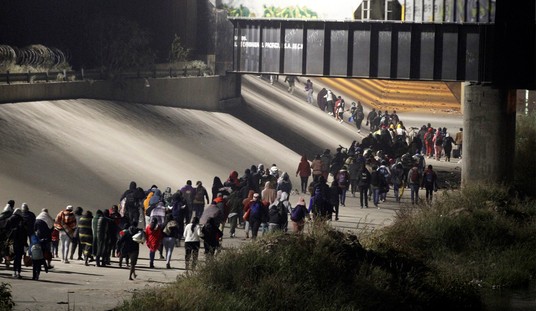A significant development today in the saga of the faltering euro. The European Central Bank has assumed broad powers to buy the bonds of struggling governments, thus backstopping the common currency with near unlimited funds.
The Dow Jones skyrocketed on the news, jumping 244 points or nearly 2%. Nasdaq had its highest close since 2000, gaining 2.2%.
Many European leaders had been urging this step on the ECB for two years. But German opposition to the idea prevented the central bank from throwing itself wholeheartedly into the bond market. Now, with the ECB commitment to prop up the economies of Spain and Italy by buying as many bonds as would be necessary to stabilize their debt situation, the EU has time to negotiate the tortuous agreements that would more firmly unite the euro zone. A tighter fiscal union and some kind of banking authority to oversee the region’s banks will take months — perhaps years — to negotiate and have member countries pass the necessary enabling legislation. Some constitutional changes will probably be required as well because it is envisioned that Brussels will have veto power over member budgets.
The announcement is one of the biggest steps yet on the uncertain and winding road to a more federal Europe, instead of the collection of nation states that often seem to share little more than a common currency and a slumping regional economy. While many risks remain, Mr. Draghi demonstrated once again that he is Europe’s most indispensable leader, perhaps the only one capable of brokering an accord among politicians whose mistrust of one another and national concerns have allowed the crisis to boil for two and a half years.
In fact, Mr. Draghi may be the most powerful central banker in the world, with authority that transcends national borders. For the bank itself, the pledge Thursday to buy bonds from sovereign states, in conjunction with a fund financed by euro zone governments, is a major evolution from its original narrow mandate to restrain inflation.
Although the bond-buying program announced Thursday should reduce the pressure on Spain and Italy, if those countries choose to seek its protection, it will not solve the deep structural problems of the euro, Europe’s common currency. But it could buy time for the political leaders of the 17-nation euro zone to follow through on their past promises to back the currency with a more tightly integrated fiscal union and more disciplined oversight of national budgets.
“It takes away from the table an important risk in the short term,” said Lorenzo Bini Smaghi, a former member of the E.C.B. executive board. “Now I think the ball is in the hands of the governments.”
The E.C.B. will buy bonds on open markets, without setting any limits, of countries that ask for help, which Spain is expected to do. The E.C.B. said it would act only after countries agreed on conditions with the euro zone rescue fund, which will be known as the European Stability Mechanism. The E.S.M. would buy bonds directly from governments, taking responsibility for imposing the conditions, while the E.C.B. would intervene in secondary markets.
The bank and its president, Mr. Draghi, have had the quiet support of all European leaders in taking this latest bold action, aimed at keeping bond speculators from driving Spain and Italy into budget-blowing borrowing costs. “The euro is irreversible,” he repeated several times Thursday.
German Chancellor Angela Merkel has apparently dropped her opposition to the bond buying program by the ECB. She had little choice. If the euro were to survive the very real possibility of a Greek default, extraordinary powers had to be granted to the ECB. The ESM — at one time envisioned to be funded up to 2 trillion euros — was never going to be big enough to handle a major crisis with both Italy and Spain.
Europe is now committed to heading down a road of greater integration, less sovereignty for individual states, and more control from Brussels. Is this what the European people want? Those countries that will have to put the question to a referendum will no doubt find out soon enough.









Join the conversation as a VIP Member